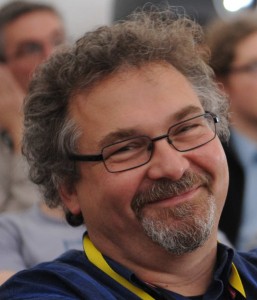
Affiliation / Profession: Film Historian, Film Journalist, Head of Research Haus des Dokumentarfilms Stuttgart
Research interests: Documentary, Newsreels, Digitalization, Cinema Buildings
Current research project: Non-Fiction Film in Germany 1945-2005 (Funded by German Research Fund DFG)
Latest publications:
Bilder aus der Vorhölle. Dokumentarische NS-Propaganda zum Alltag in den Ghettos, in: Ursula von Keitz, Thomas Weber (ed.): Mediale Transformationen des Holocausts, Avinus: Berlin 2013, S. 83-106.
„Geheimsache Ghettofilm: Vom ‚richtigen‘ Umgang mit historischen Filmmaterial“, auf
http://www.bpb.de/geschichte/nationalsozialismus/geheimsache-ghettofilm/153347/vom-richtigenumgang-mit-historischem-filmmaterial
Kay Hoffmann, Richard Kilborn, Werner Barg (Ed.): Spiel mit der Wirklichkeit. Zur Entwicklung doku-fiktionaler Formate in Film und Fernsehen, UVK-Konstanz 2012
„Realität und Dokumentarfilm“. In: Potthast, Barbara (Hrsg.): Das Spiel mit der Wahrheit –Fälschungen in Literatur, Film, Kunst, Kino, Berlin/Münster: Lit Verlag, 2012. S.65–77.
„Dokufiktion – Hybride Formen als Chance“. In: Matthias Leitner, Sebastian Sorg, Daniel Sponsel (Hg.): Der Dokumentarfilm ist tot, es lebe der Dokumentarfilm, Marburg: Schüren Verlag, 2014. S. 23-34.
„Dokumentarfilm und Digitalisierung: Ausbruch aus dem Gefängnis?“, auf: http://www.zhdk.ch/index.php?id=62227
Peter Zimmermann, Kay Hoffmann (ed.): Geschichte des dokumentarischen Films in Deutschland, Bd. 3 „Drittes Reich“ 1933-1945, Reclam: Stuttgart 2005.
Contact: kay.hoffmann@swr.de


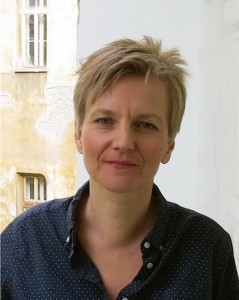
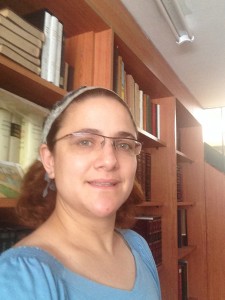
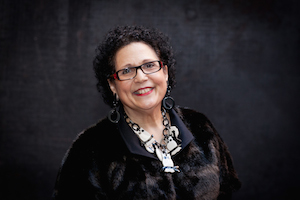
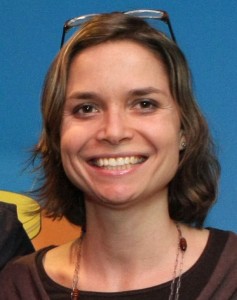
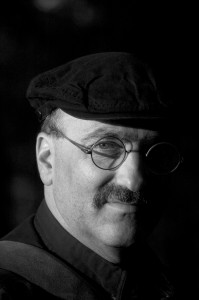 His graduation film Naučit se bát/ Learning to Fear, which looked at the lives of young doctors received a whole range of awards and determined one of the main directions of his filmmaking.
His graduation film Naučit se bát/ Learning to Fear, which looked at the lives of young doctors received a whole range of awards and determined one of the main directions of his filmmaking.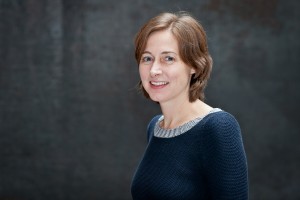
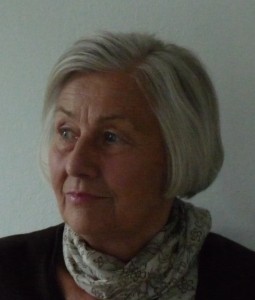 Affiliation / Profession: film archivist
Affiliation / Profession: film archivist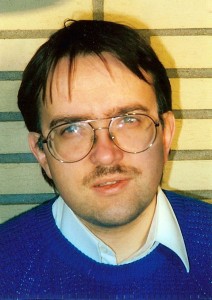 Affiliation / Profession: Lives in Hamburg as a free lance author, film-maker and curator. Has lectured at the Art Schools in Hamburg, Dresden and Potsdam, and the Universities of Hamburg, Bochum, Zurich and Vienna.
Affiliation / Profession: Lives in Hamburg as a free lance author, film-maker and curator. Has lectured at the Art Schools in Hamburg, Dresden and Potsdam, and the Universities of Hamburg, Bochum, Zurich and Vienna.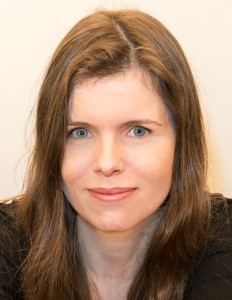 Affiliation / Profession: Head of special collections, research, and information in National Film Archive Prague
Affiliation / Profession: Head of special collections, research, and information in National Film Archive Prague